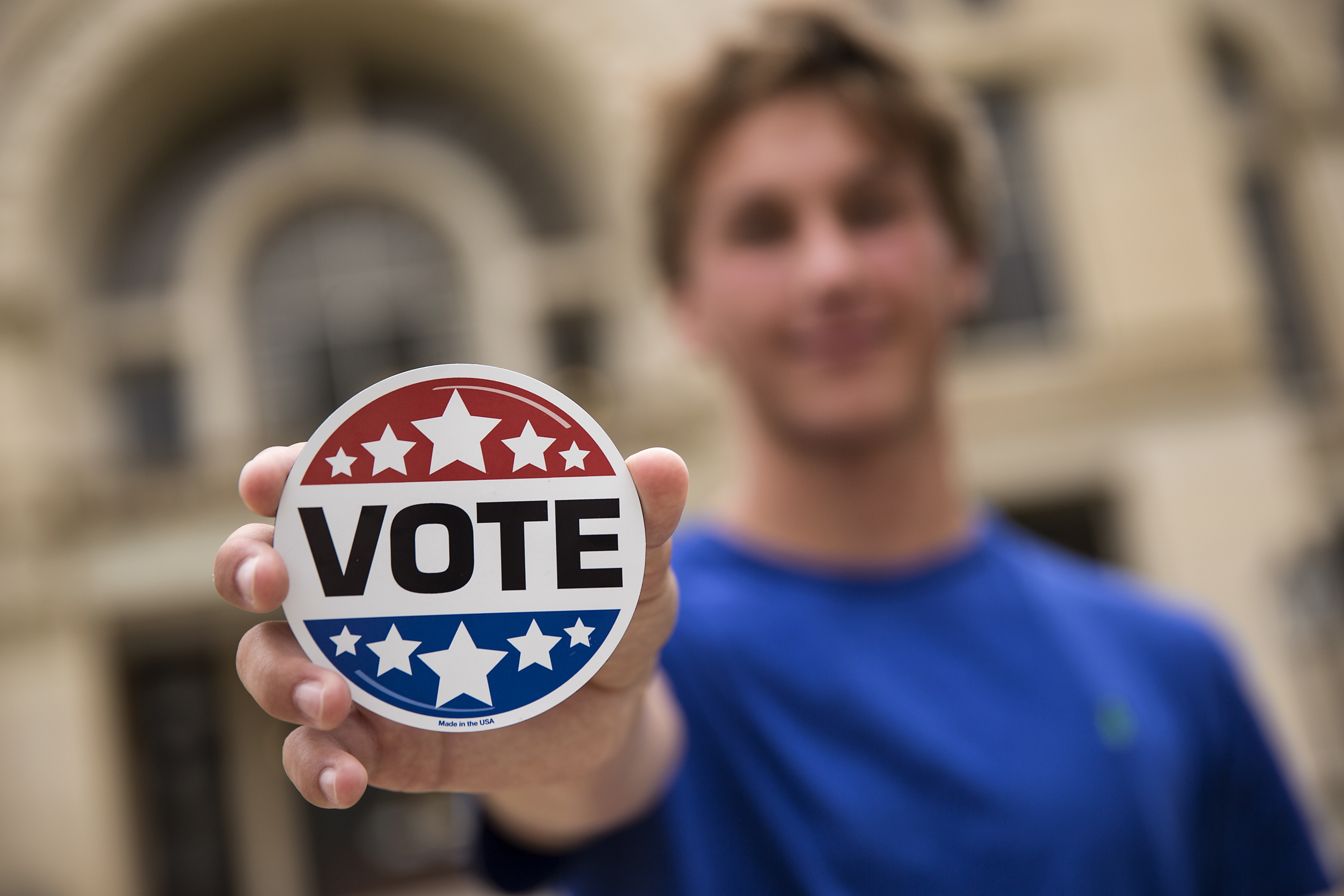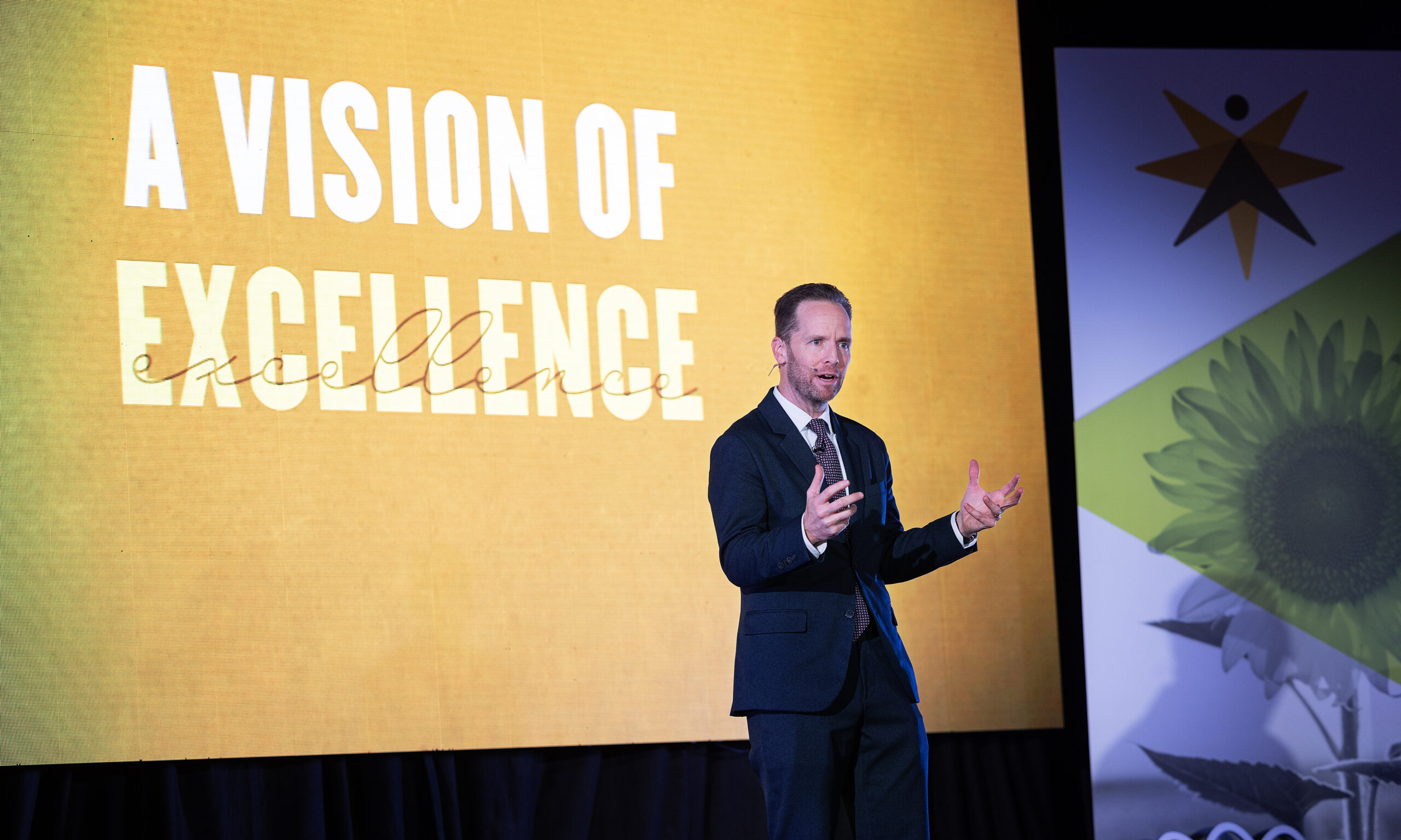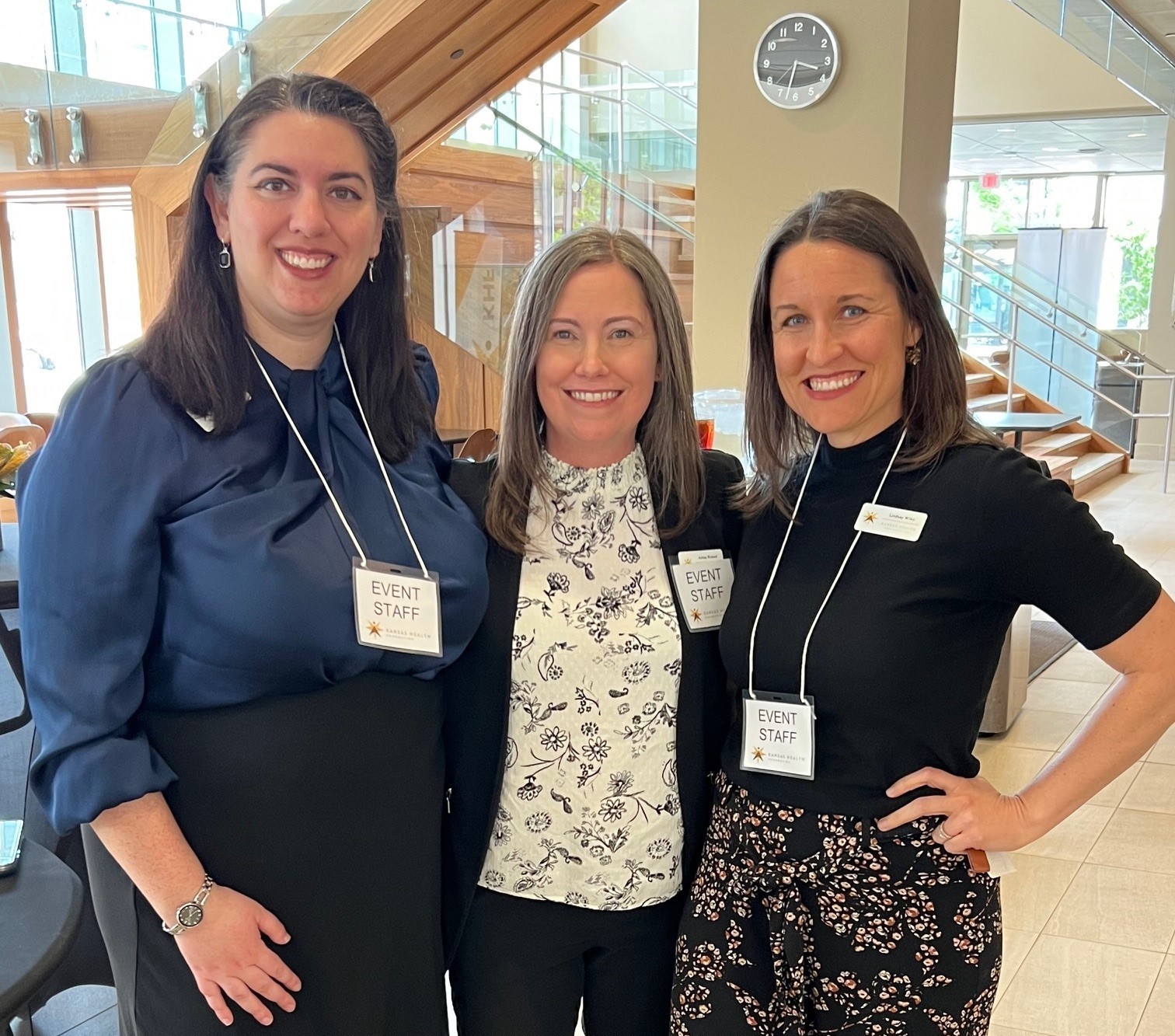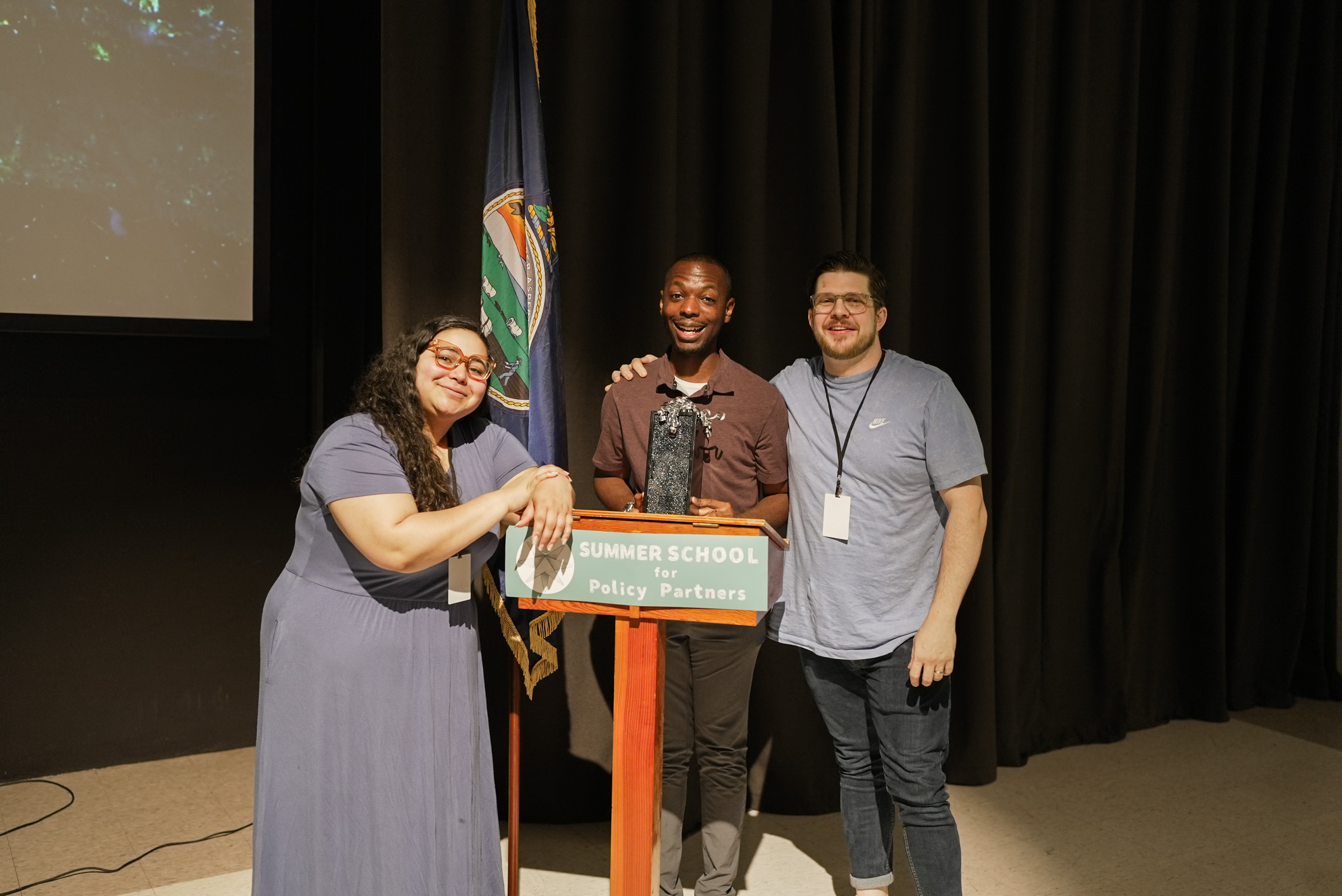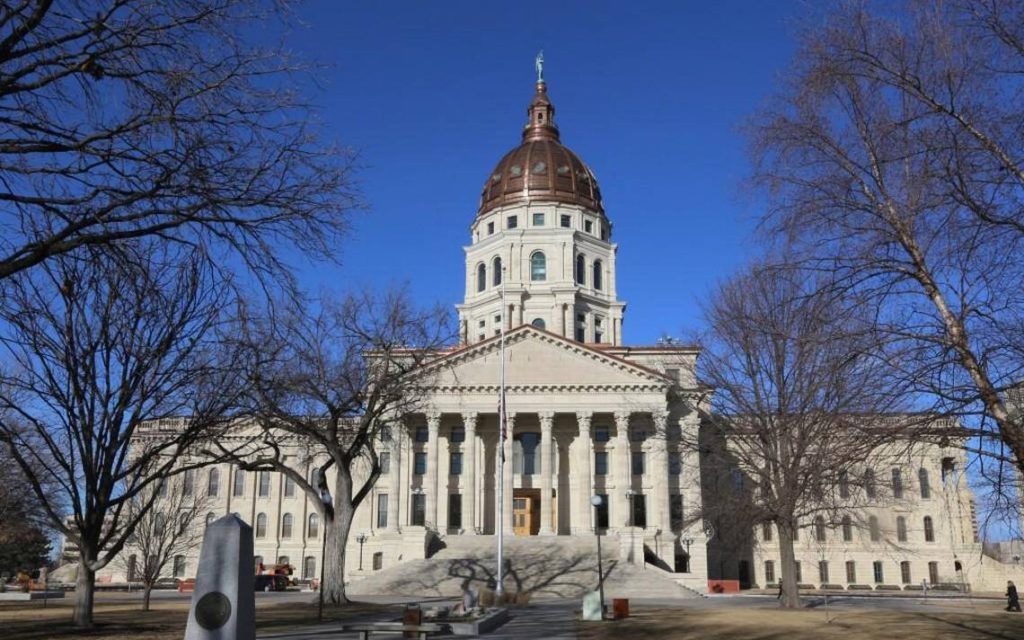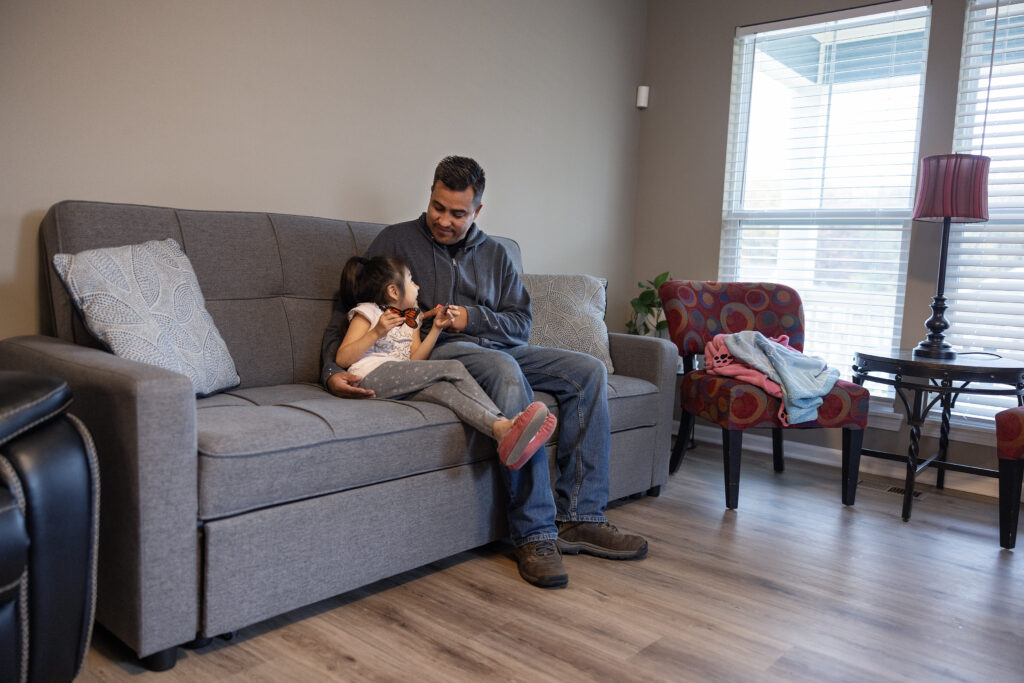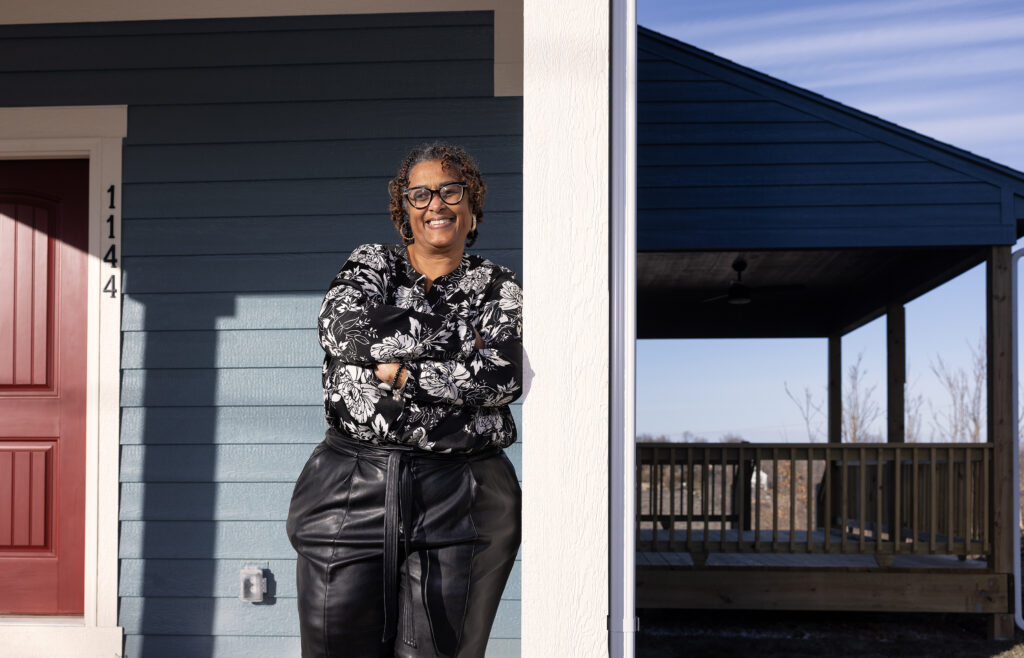In Kansas today, more than 130,000 hardworking individuals and families cannot afford health insurance. Many do not make enough money to purchase coverage in the marketplace, and their incomes are too high to qualify for KanCare.
Since 2014, the Kansas Health Foundation (KHF) and many other organizations, have pushed for Medicaid expansion, to help provide access to affordable, quality health coverage to those who fall into this “coverage gap.” With the recent bipartisan proposal from Governor Laura Kelly and Senate Majority Leader Jim Denning, it appears increasingly likely that 2020 will be the year Kansas expands Medicaid, joining 36 other states.
The Alliance for a Healthy Kansas, a statewide advocacy coalition, has been leading expansion efforts on behalf of KHF and other health funders. Expansion supporters include business leaders, doctors and hospitals, social service and safety-net organizations, faith communities, chambers of commerce and advocates for health care consumers. A recent Fort Hays State University poll also indicates 62 percent of Kansans support expanding Medicaid.
Without expansion, health rates in Kansas have declined, and four hospitals have closed. These economic ramifications extend statewide year after year, as Kansans continue to pay billions of federal dollars yet receive an insufficient return to the state.
Road to Expansion
The Kelly/Denning proposal (Senate Bill 252) announced on Jan. 9, has strong bipartisan support in the Senate, including 11 Democrats and 11 Republicans who have signed on as bill sponsors. And, what’s even more encouraging is that the expansion bill is scheduled for legislative hearings in just the second week of the 2020 legislative session.
To create a simple overview of SB 252 (and expansion proposals and bills that were considered or submitted in 2019), the Kansas Health Institute (KHI) has created a “Medicaid expansion bill tracker.” The tracker summarizes bill/proposal language for eligibility, work referrals, insurance premiums, copays and other components.
The Alliance for a Healthy Kansas has advocated for expansion that would provide for the fewest barriers and delays to coverage for eligible, uninsured Kansans. If Kansas expands eligibility to Kansans earning 138 percent of the federal poverty level, 90 percent of the cost to cover those Kansans would be paid by the federal government. The state would pick up the remainder.
If SB 252 is passed in the 2020 legislative session, Medicaid coverage for eligible Kansans would begin Jan. 1, 2021.
Kansas Benefits
For uninsured Kansans, expansion increases access to primary and preventive care, reduces the cost of uncompensated care, reduces medical debt, and enhances continuity of coverage and care for chronic illness.
Information shared in the Governor’s Council on Medicaid Expansion last fall also showed the uninsured rate in expansion states fell from 14.9% in 2013 to 7.6% in 2017. These are the lowest uninsured rates in recorded U.S. history.
Multiple studies suggest Medicaid expansion can offset state costs in other areas (like those related to behavioral health services), reduce uncompensated care for safety-net hospitals, lower marketplace premiums and grow the economy. The Alliance for a Healthy Kansas has projected that expansion would bring more than 13,000 new jobs to Kansas. And, according to KHI, studies have also found an association between Medicaid expansion and improved patient outcomes.
Advocating for Expansion
SB 252 constitutes the most promising opportunity for expansion in Kansas since the 2017 legislative session. In 2017, lawmakers passed a Medicaid expansion bill (the KanCare Bridge to a Healthy Kansas Program) only to have it vetoed by former Gov. Sam Brownback. The vote to override the veto failed and the expansion bill died.
KHF is pleased that leaders from both parties are working together to reach consensus on a bill to implement Medicaid expansion in a sustainable way, with the fewest barriers and delays.
To follow and support the 2020 legislative debate on this critical health issue, we suggest:
- Visit the Alliance’s website to learn how your community is affected and to see how you can get involved today. Show your support of closing the coverage gap by adding your name to the Alliance’s 2020 pledge
- Learn about components of SB 252 by following the KHI Medicaid expansion bill tracker
- Follow the actions of SB 252 through the Kansas Legislature website
We hope by this time next year tens of thousands of uninsured Kansans will have access to affordable health care.




